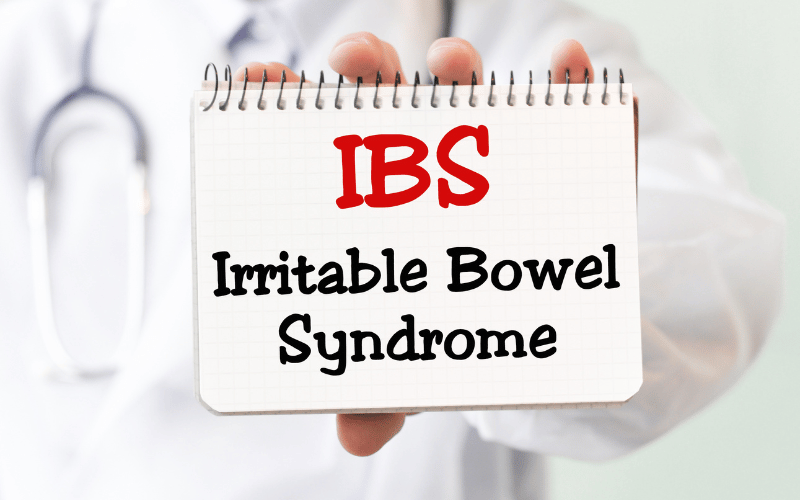Introduction: The Importance of Recognizing IBS in Children
The flutter of a child’s laughter, the gleam in their eye as they discover something new, and their innocent queries about the world are what make parenthood a profound experience. But woven into this tapestry of joy are threads of concern and vigilance. Every scrape, every fever, and every upset tummy brings with it a slew of worries. While an occasional stomachache might be brushed off as the result of indulging in one too many sweets, persistent digestive issues could be signaling something more serious: Irritable Bowel Syndrome (IBS).

IBS in children isn’t just a ‘grown-up’ ailment shrunk to fit a smaller frame. It’s a complex condition that manifests differently in young ones than in adults. Parents are often at a loss, mistaking these signs for other common childhood conditions. Distinguishing between standard tummy troubles and IBS is crucial not just for immediate relief but for long-term health. Early detection can pave the way for timely intervention, lifestyle changes, and a roadmap for managing this condition. And while the thought of a chronic issue might sound daunting, understanding its nuances can equip parents with the knowledge and tools to make their child’s journey smoother.
Before we dive into the symptoms, let’s shed some light on IBS. It’s a functional gastrointestinal disorder, meaning there’s no visible damage to the digestive tract. Instead, it’s the way the intestines function that’s the culprit. This distinction is crucial because it means that while IBS can be distressing, it doesn’t cause permanent harm. However, the symptoms can indeed cast a shadow over a child’s daily activities, self-esteem, and overall mood. Recognizing them is the first line of defense.
Now, let’s unravel these symptoms, allowing you to connect the dots and, if needed, seek professional guidance.
Symptom 1: Abdominal Pain

Abdominal discomfort is a common complaint among children. Every parent has seen their child clutch their stomach, the pain evident in their eyes. Yet, when it comes to IBS, the pain is more consistent and pronounced. Unlike occasional tummy aches due to overeating or a mild infection, IBS-related abdominal pain is chronic. It often strikes after meals, not necessarily linked to the type of food consumed.
The pain’s location can vary but is usually felt in the lower belly. The intensity can range from mild to severe, and sometimes the pain can be so intense that it disrupts the child’s daily activities. A unique characteristic of IBS-related abdominal pain is its cyclic nature. You might notice patterns, like your child experiencing more pain during stressful periods, indicating a possible link between stress and IBS flare-ups.
The relief from this pain often comes after a bowel movement. The nature of the relief—whether complete or partial—can provide clues about IBS’s role. It’s not just the physical discomfort that’s concerning. The recurrent nature of the pain can cause anxiety in children, making them apprehensive about meals or participating in activities.
But it’s not all gloomy. Recognizing the pattern and triggers of this pain can lead to effective management. With the right dietary adjustments, stress management techniques, and medical guidance, the frequency and intensity of these painful episodes can decrease. As a parent, understanding and empathizing can play a massive role in alleviating your child’s distress. (1)